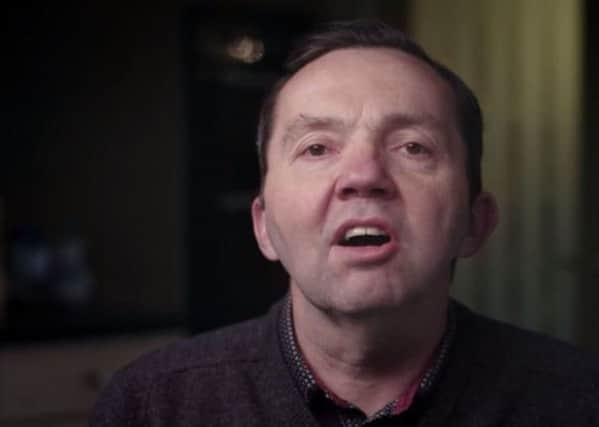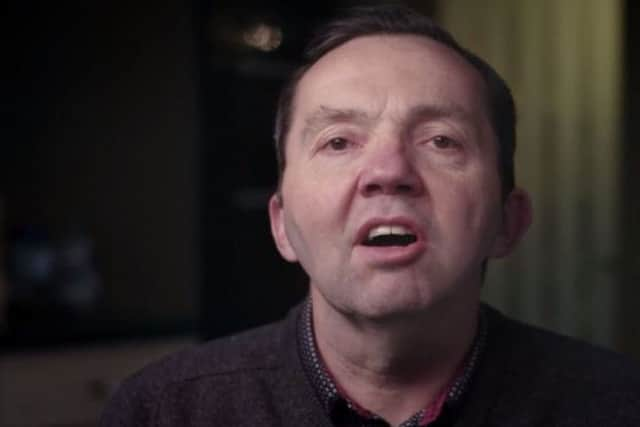WATCH: Why you need to know about how to spot a stroke


Public Health England says one in four of us would fail to call 999 when witnessing first indications something was wrong.
The agency says research shows that while the majority of people (93per cent) would call 999 if they saw a stroke, a quarter (24per cent) of people incorrectly think that they need to see two or more signs of a stroke before making the call.
Advertisement
Hide AdAdvertisement
Hide Ad‘A total of 82,814 people on GP registers in South East have had a strokeand there were 5,532 deaths caused by stroke in the area in 2015’ said a spokesman.


The new Act FAST campaign films feature stroke survivor radio DJ Mark Goodier and TV presenter Anna Richardson, encouraging local residents to call 999 as soon as they notice any one of the three key signs: Face, Arms, Speech
Public Health England is urging everyone to understand the importance of calling 999 immediately if they notice any single one of the symptoms themselves or in others.
Research for PHE shows that 24per cent of people would wait to call an ambulance because they wrongly believe that they need to see two or more symptoms of stroke before making the call. Other barriers to dialling 999 include feeling that they need permission to act on behalf of others.
Advertisement
Hide AdAdvertisement
Hide AdAs part of the campaign, new films being released will encourage everyone in South East – whether they are a stranger in the street, a family member at home or the person themselves – not to hesitate and to make the call immediately when they see any one of the key stroke symptoms:


Face – has their face fallen on one side? Can they smile?
Arms – can they raise both their arms and keep them there?
Speech – is their speech slurred?
Radio DJ Mark Goodier, who had a stroke last November, and TV presenter Anna Richardson, whose father had a stroke, tell their personal stories alongside people who have survived stroke - some who have recovered well and others who have been left with life-changing disabilities.
The stories show how disability can be greatly reduced if people react quickly to any of the signs of a stroke – urging people in South East to act fast and call 999.
Michael Baker, Public Health England South East’s Deputy Director for Healthcare Public Health, said: ‘The Act FAST campaign reminds people of the key symptoms of stroke and the importance of dialling 999 immediately if they notice any single one of the symptoms in themselves or in others. The faster someone experiencing a stroke gets emergency treatment, the more chance that person has of surviving and avoiding serious disability.
Advertisement
Hide AdAdvertisement
Hide Ad‘Stoke is one of the leading causes of death in the country and we hope this campaign reminds people to Act FAST when they see any single one of the symptoms of stroke, and call 999.’
The charity, Stroke Association, has been working with Public Health England and endorses the message that people need to make the call when they recognise any of the symptoms of a stroke
Consultant Paramedic at South East Coast Ambulance Service, Andy Collen said: ‘We are pleased that the important messages in this campaign are once again being highlighted. It’s vital that people act quickly and dial 999 if they notice any of the symptoms in themselves or others. We’d urge everyone to do what they can to help spread the awareness of the Act FAST campaign.’
Juliet Bouverie, Chief Executive of the Stroke Association said: ‘We know people recognise the signs of stroke but they aren’t taking the right action at the right time. A stroke is a brain attack and acting fast makes a huge difference. You are more likely to survive a stroke and make a better recovery if you call 999 on spotting any one of the symptoms. The quicker you act the more of the person you save.’